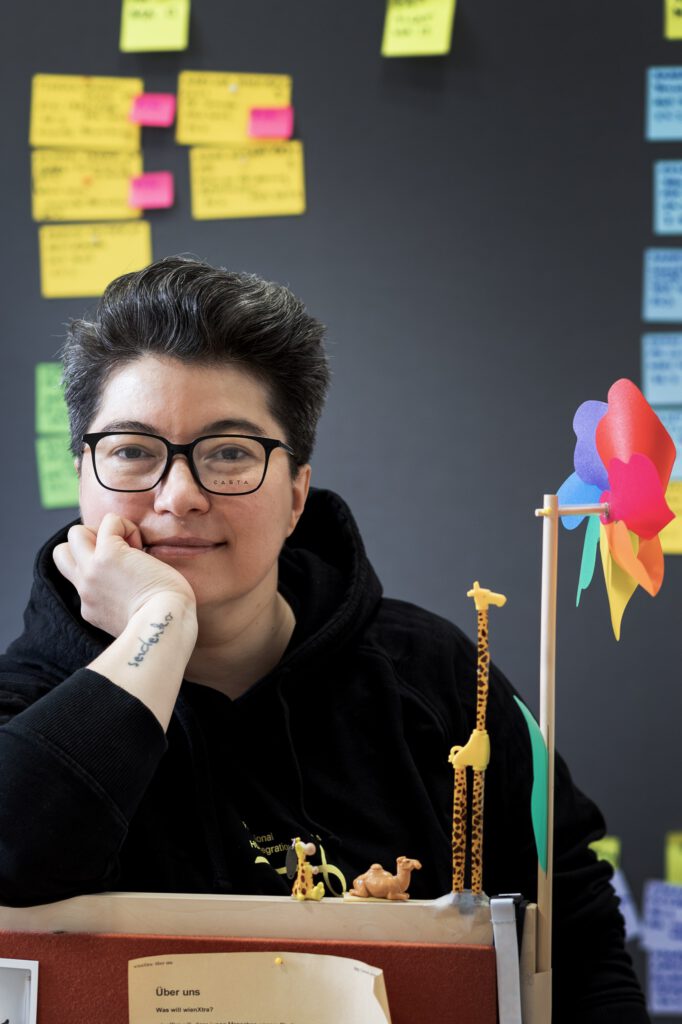
16 July 2024
Nataliya Sherimbetova: “Now I have confidence in my qualifications and abilities to excel in any office environment in Austria and beyond”
Nataliya Sherimbetova, Professional Integration HUB 1.0 program participant (WIENXTRA).
- Age: 44 years old
- City in Ukraine where you lived before the full-scale invasion (forced relocation): Kyiv
- Specialization: Pedagogy and methods of education (MA)
PROFESSIONAL BACKGROUND
I have been actively engaged in various roles throughout my career, including:
- Product owner at IT Step Academy
- Motivational speaker and mentor for startups
- Coordinator of a startup program for teenagers
- Curriculum developer
- Creator of educational programs, courses, and marathons for companies
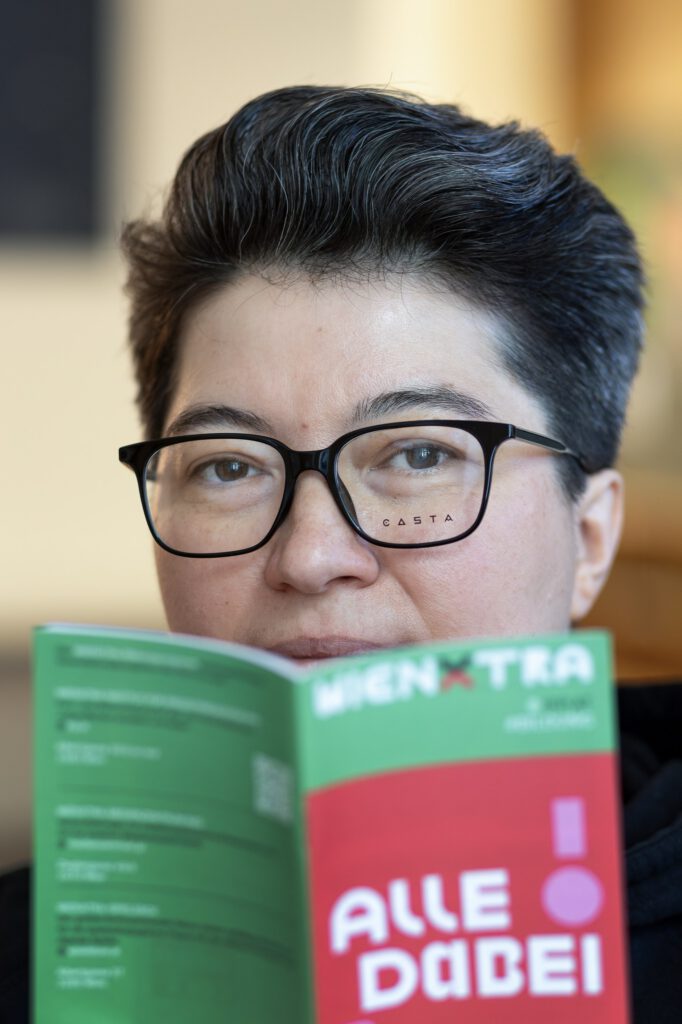
FORCED EMIGRATION
The war caught me in my Kyiv apartment, peacefully asleep with a cat by my side. It was actually a very active period in my life; I was working on scaling the project and had to give a presentation that was supposed to be the turning point in my professional life. But the early morning phone call and sounds of explosions made me change my way.
I had to move to the Transcarpathian region and stay there for a month, trying to work remotely, but most of my time I assisted the IT army. Then I lost connection with my parents for two weeks because the place where they live was under constant rocket attack, and… I lost all sense of life. So, the following actions were like moving in the dark, and as a result, I found myself in Austria.
Austria was the first European country where I thought to stay for a week and go further to an English-speaking country. But Caritas picked us up at the railway station so fast that I didn’t even notice how I ended up at the refugee center in Vienna. Then we were taken to another location in Wiener Neustadt, and in three days we were taken further to Lower Austria, where we lived with 10 other people (who actually became my friends). It was a hard time, as I faced psychological problems. I could not accept the fact that such terrible things could happen in our era.
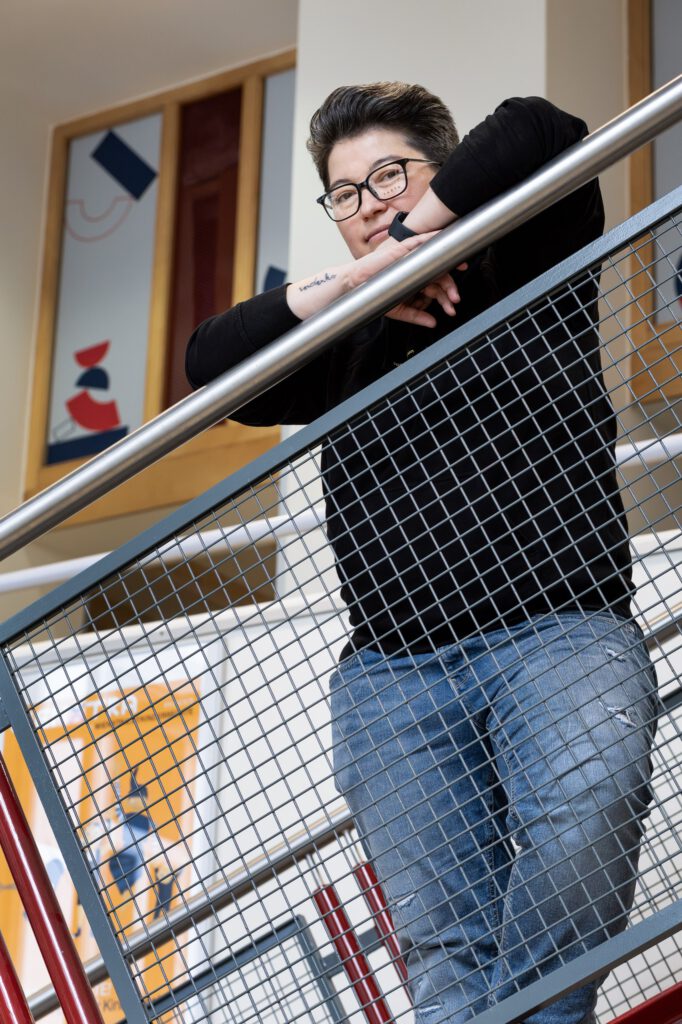
LIFE IN AUSTRIA
The main challenge I faced in Austria was the language barrier. I had zero knowledge of German. There were two primary obstacles when I sent out CVs: being overqualified and the requirement of at least B2 proficiency in German.
Since it wasn’t my plan to stay in a foreign country, I didn’t have specific expectations. However, several things surprised me: communication primarily via email, abundance of postal mail, closures of supermarkets and shopping malls on Sundays and holidays, and inefficiencies in call centers and hotlines. On the positive side, I was impressed by the availability of tap water, the emphasis on work-life balance among office workers (as reflected in the phrase “kein stress”), lots of parks and natural spaces, excellent public transportation, and the openness of politicians and local authorities to communication and feedback. Moreover, Vienna’s support programs for children and youth, such as the Vienna Children and Youth Strategy, are worthy.
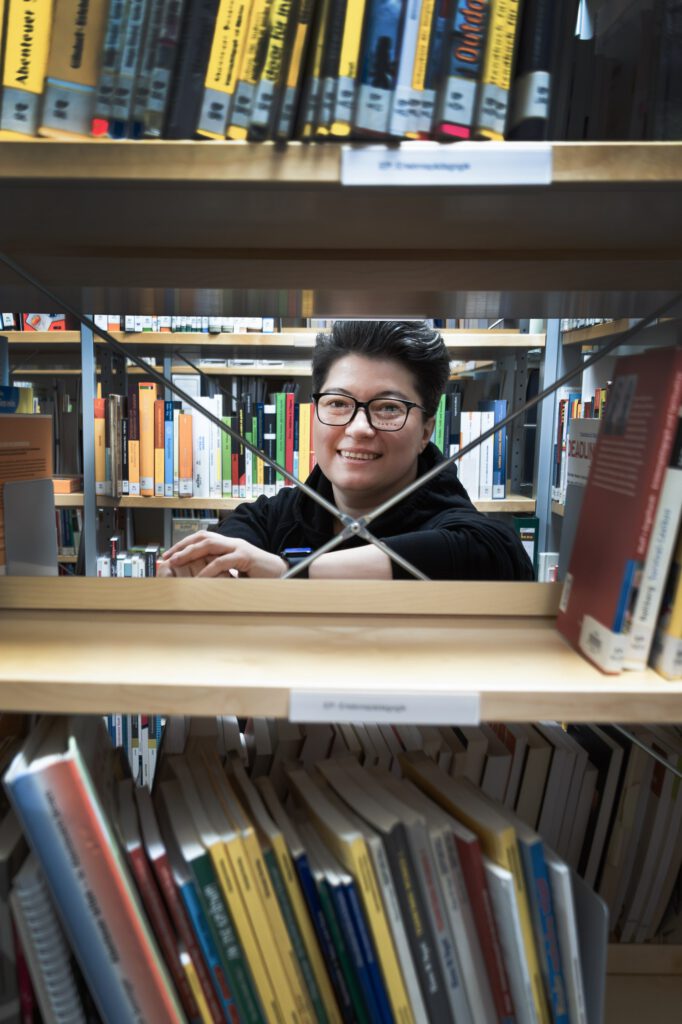
I find comfort in the fresh air and peace of my surroundings, keep in regular touch with my parents over the phone, and have been connecting with local professionals to build a network.
My advice to Ukrainians living abroad: seek out a good psychotherapist, prioritize self-care, and remain open to the possibilities that lie ahead.
PROFESSIONAL INTEGRATION HUB
The Professional Integration HUB program caught my eye in a social media group. Initially, I simply wanted to start working in Austria and acquaint myself with the local market. However, my internship turned out to be much more intensive than expected. I had the opportunity to make friends, meet professionals, and engage with both local and international organizations. The only disappointment is that I can’t continue working here. However, I feel energized and motivated to find another job, improve my German, and explore potential projects to undertake here.
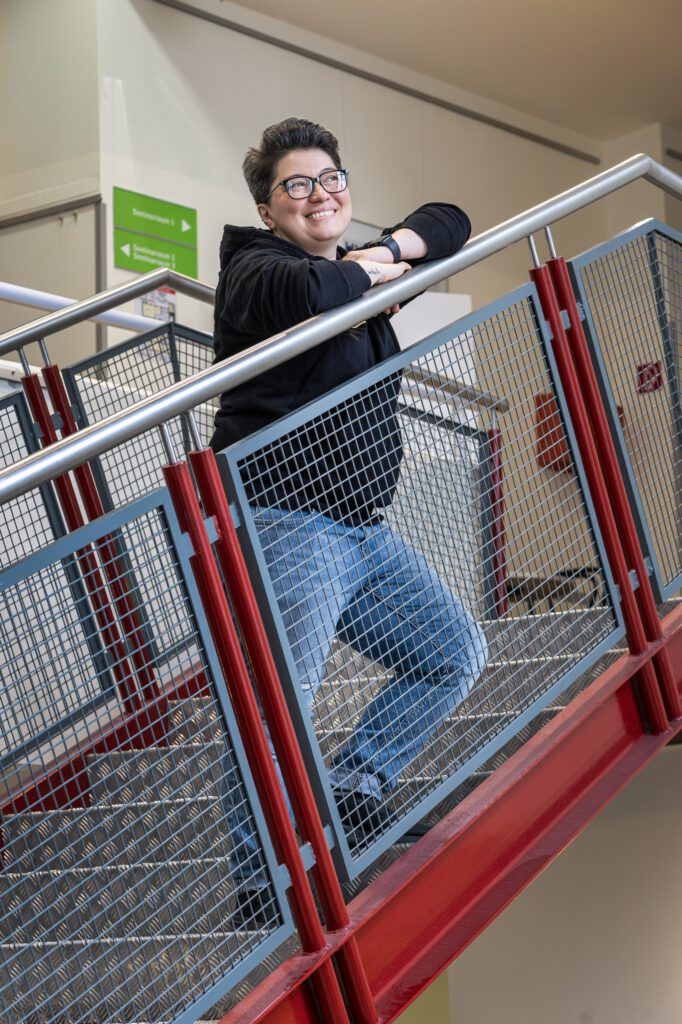
During my time at the WIENXTRA departments, I contributed to an Erasmus+ project on Youth Work with Ukrainian Displaced Youth, organizing a successful one-week conference for Ukrainian social youth workers. Additionally, I proposed and implemented weekly Info Days for Ukrainian families at Kinderinfo, providing essential information about WIENXTRA programs and opportunities for children aged 0 to 13.
In terms of program/project coordination, I didn’t notice significant differences in the work process; it was similar to what I experienced in Ukraine, just conducted in English and German.
The friendly and supportive atmosphere among my colleagues left a lasting impression on me. I felt welcomed and at home. I learned the importance of maintaining a healthy work-life balance and not letting work-related stress impact my personal life. Despite facing numerous job rejections before the internship, I now have confidence in my qualifications and abilities to excel in any office environment in Austria and beyond.
I’ve realized the significance of using every opportunity to connect with new people and professionals. Moreover, adopting the “Kein stress” mindset has been life-changing, helping me navigate various situations with calmness and self-control.
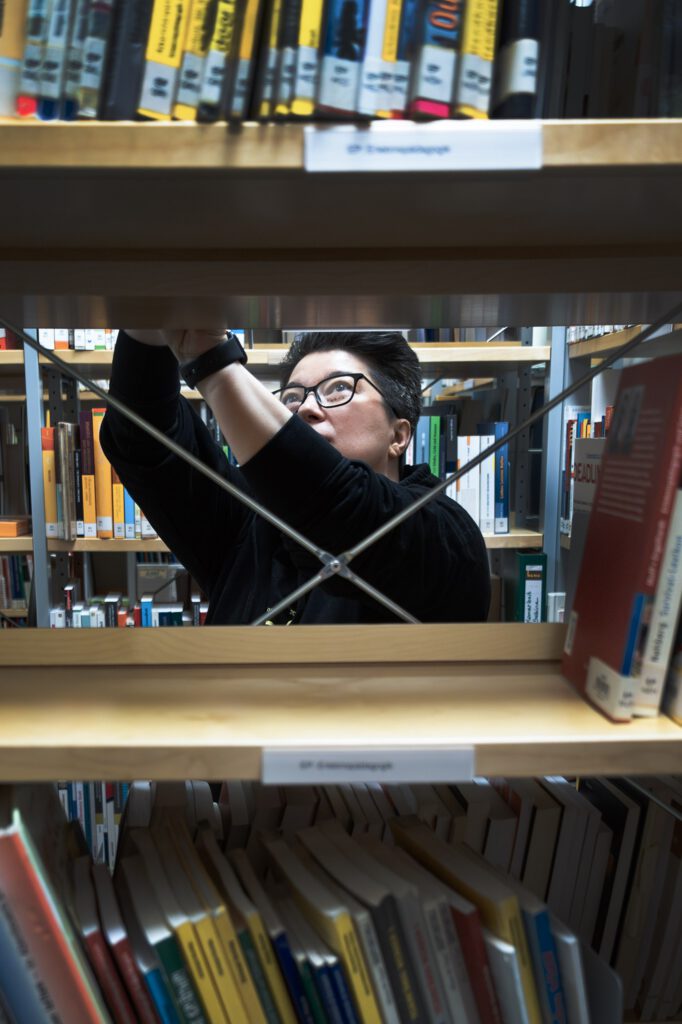
PLANS AFTER PARTICIPATING IN THE PROGRAM
The internship in the Professional Integration HUB program has recharged me; now I have a clearer direction regarding the area I want to work in here.
Implementing European practices that could benefit Ukraine, especially in youth development, is crucial. One achievable opportunity is to establish exchange programs between Ukrainian youth organizations and their European counterparts. This could facilitate the sharing of best practices, innovative approaches, and resources to enhance youth engagement and empowerment in Ukraine. Using European expertise in youth policy development, capacity building, and intercultural dialogue can help strengthen the youth work sector in Ukraine and address the specific challenges faced by young people, particularly those affected by the war.
I admire the way Vienna city engages with children and young people. For instance, they have collaborated to develop a strategic plan known as The Vienna Children and Youth Strategy 2020 – 2025, aimed at ensuring a safe and comfortable environment for all. This serves as a good example for Ukraine to follow.
We must prioritize the well-being of children and young people. Ukraine needs to provide not only safety and a place for learning, but also professionals, mentors, teachers, and volunteers who can demonstrate effective learning methods, facilitate implementation of ideas, foster effective communication, and encourage critical thinking. It’s essential to empower young people to express their ideas and themselves in all areas of life. Qualified social and youth workers should be recognized as essential roles in Ukraine. However, this requires finding individuals willing to work in the social sector and providing them with appropriate education and training.